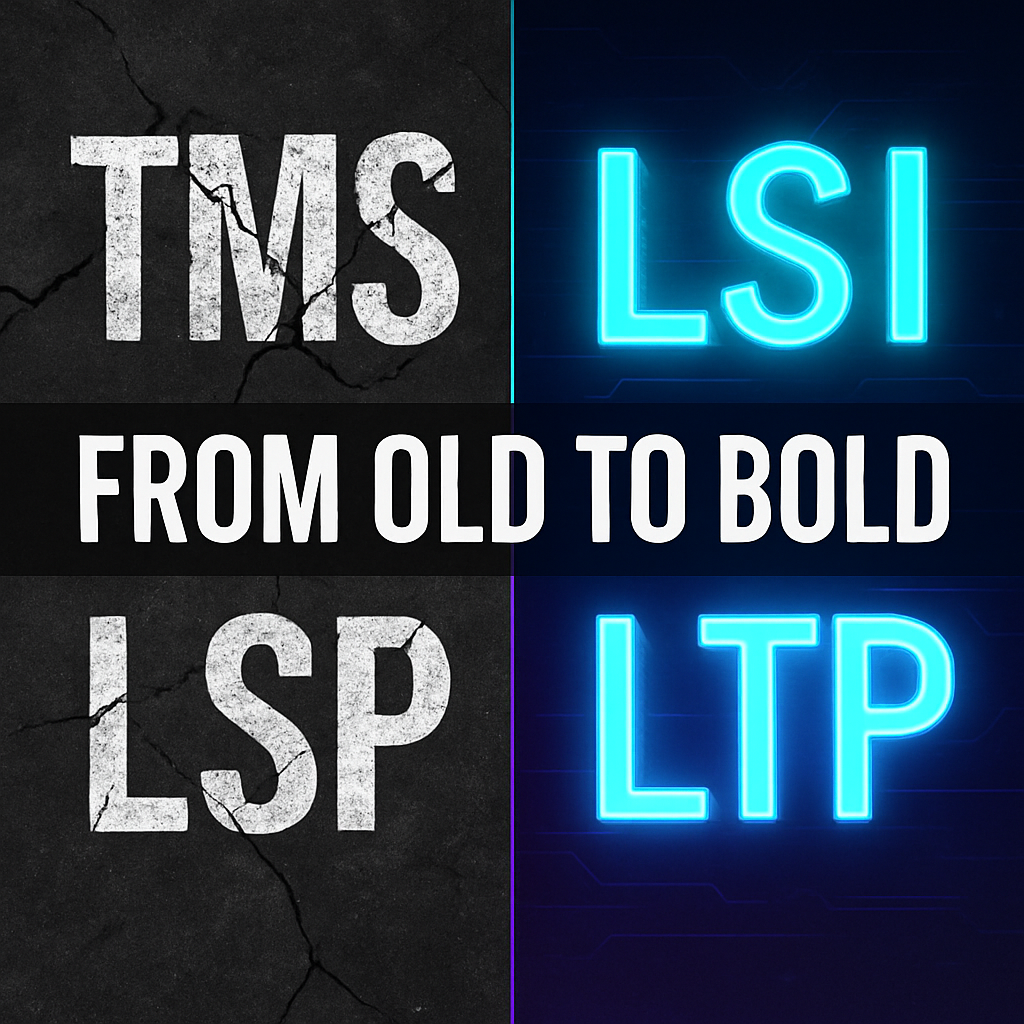Integrations in Translation Management Systems (TMS) promise seamless communication between various platforms, but the reality often falls short. Gabriel Fairman, in his latest discussion, dives into the reasons why many integrations fail and what businesses need to consider when evaluating them.
The Illusion of Simple Integrations
At first glance, integrating two systems, like a Customer Relationship Management (CRM) tool with a TMS, seems straightforward. However, as Gabriel points out:
"When you get two different systems to communicate, it's rarely as simple as it may seem."
Many companies advertise integrations as a feature, but these integrations often underdeliver. They may only transfer basic information, like contact details, leaving most of the actual work manual.
Common Pitfalls of Integrations
Gabriel highlights several key issues that users encounter with integrations:
- Limited functionality: Many integrations only handle basic data transfers, such as creating a contact in another system, but don’t address deeper workflow needs.
- Security concerns: Integrations may introduce vulnerabilities, especially when handling sensitive data.
- Manual processes: Some integrations require manual effort to trigger actions, which defeats the purpose of automation.
"The TMS can say, ‘Yes, we integrate,’ but that doesn’t mean it’s going to solve your problem," Gabriel explains.

Manual vs. Seamless Integrations
Not all integrations are created equal. There’s a clear difference between manual and seamless integrations. Seamless integrations, which automate tasks like syncing invoices between a TMS and accounting software, offer significant benefits. In contrast, manual integrations require frequent user input, creating inefficiencies.
"Whenever you have systems talking seamlessly using webhooks and bidirectional integrations, it feels more like a conversation," says Gabriel.
When Integrations Are Critical
For large-scale localization projects, robust integrations are essential. Businesses managing extensive content on platforms like a CMS need reliable systems that automate processes across multiple languages and regions.
- Large content volumes: Companies with daily or weekly exports across many languages need fully automated, customized integrations.
- At scale: Inefficiencies in integration become more pronounced as content volumes increase.
"At scale, any little inefficiencies will be felt incredibly," Gabriel emphasizes.
A Word of Caution
Gabriel warns against overestimating the power of integrations. While they are crucial in some contexts, they can create more problems than they solve if implemented prematurely. Sometimes, maintaining control over processes manually is the better choice.
"Integration is typically an evolution of a process that’s already working well. Once you’re ready to scale, then you’re ready to integrate."
Unlock the power of glocalization with our Translation Management System.
Unlock the power of
with our Translation Management System.
















.avif)








